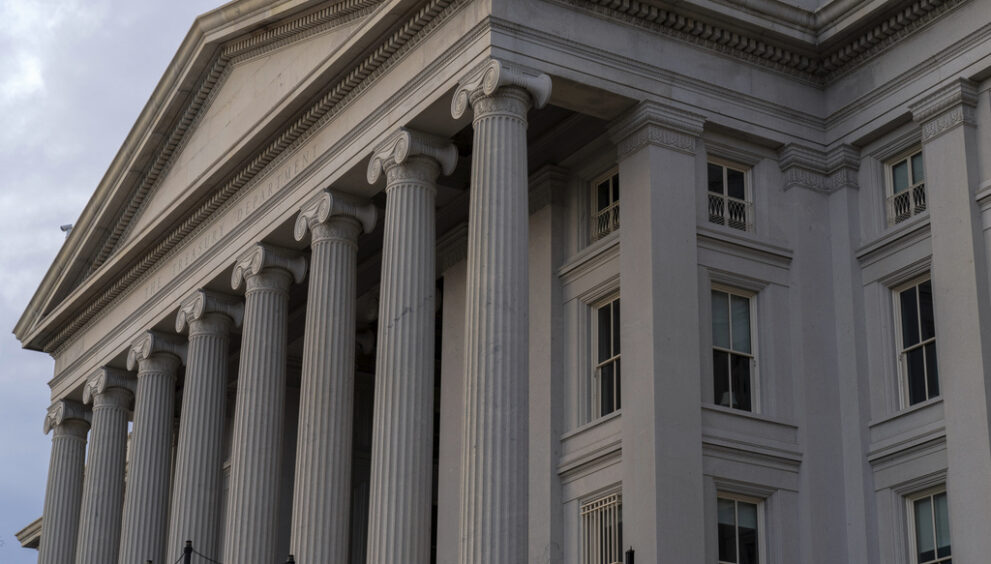Reasons to Avoid Establishing a Sovereign Wealth Fund in the US

President Trump recently signed an executive order directing certain agency heads to craft a plan for establishing a sovereign wealth fund in the United States. Despite the existence of such funds in various countries across the globe, including some U.S. states, there are significant reasons why setting up a U.S. sovereign wealth fund is not a favorable idea.
One major roadblock to the proposal is the fact that the U.S. federal government does not possess any surplus “wealth” that could be used to create a savings nest egg like a sovereign wealth fund. With annual budget deficits surpassing $1.8 trillion in 2024 and national debt reaching $36.5 trillion, the government would need to borrow significant sums at high-interest rates to make deposits into a sovereign wealth fund, a notion that lacks financial logic.
Additionally, contemplating leveraging the Social Security Trust Fund as a potential source for a U.S. sovereign wealth fund raises complications. The money in the trust fund, totaling $2.7 trillion, has already been borrowed and utilized by the government, resulting in existing IOUs that would necessitate fresh borrowing if they were to be redeemed.
Despite generating considerable oil and gas royalties from companies operating on federal leases, which amounted to $74 billion between 2012-2022, funneling these funds into a sovereign wealth fund while concurrently borrowing nearly $2 trillion for government expenditure raises concerns. It might be more prudent to utilize these funds in reducing the annual deficit instead.
Moreover, the political interference in managing sovereign wealth fund investments—potentially influenced by party inclinations and political agendas, rather than strategic market considerations—poses another significant drawback. Whether working under independent financial experts’ guidance or aligning with Trump’s current attempts to establish control over independent agencies, the criteria for investment decisions could become overly politicized.
The market could also face significant distortions due to a sizable sovereign wealth fund’s actions, affecting stock values and potentially inviting lobbying efforts by wealthy investors. Furthermore, considering the rationale behind adopting a sovereign wealth fund, repurposing a budget surplus for this entity rather than returning it to taxpayers through tax reductions seems contrary to fiscal prudence.
In conclusion, establishing a sovereign wealth fund in the U.S., as suggested by President Trump, may not be the most effective strategy, especially amid existing budgetary deficits, national debt burdens, potential political interference in investment choices, market distortions, and the question of returning surplus funds to taxpayers. It is essential to evaluate these issues before pursuing the development of a U.S. sovereign wealth fund further.
The views expressed by Merrill Matthews, a public policy and political analyst and the co-author of “On the Edge: America Faces the Entitlements Cliff,” further emphasize the critical considerations surrounding this proposal.






















































































































































































































































































































































































































































































































































































































































































































































































































































































































































































































































































































































































































































































































































































































































































































































































































































































































































































































































































































































































































































































































































































































































































































































































































































































































































































































































































































































